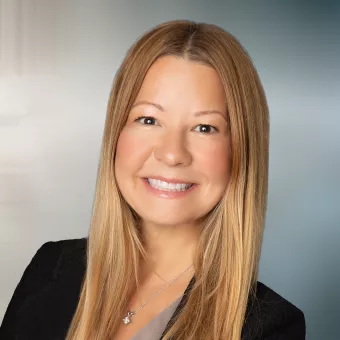The Legal Team
Nursing Home Abuse and Neglect Overview
Making the decision to move yourself or a loved one into a nursing home or assisted living facility is likely one of the more difficult decisions you will ever make. However, the promise of 24-hour care, seven days a week can hold enormous appeal, especially when these facilities promise to treat you or your loved one with care, dignity and respect. When this confidence is violated, however, our medical team works to hold accountable those who would neglect, abuse, or otherwise cause pain and suffering to those entrusted to their care.
Nursing Home Abuse and Neglect Lawsuits
Nursing Home Abuse and Neglect Lawsuits
Motley Rice's lawyers have experience litigating nursing home lawsuits and seek to protect the human rights of residents while providing victims of negligence with the compensation and care to which they are entitled. Our medical attorneys have developed a comprehensive, aggressive approach to combating abuse and neglect. On a daily basis, we strive to protect the rights of loved ones who have suffered from poor treatment, neglect and abuse in nursing homes and assisted living facilities.
Common Injuries and Signs of Abuse
Common Injuries and Signs of Abuse
Abuse and neglect can take many forms at a nursing home or assisted living facility. The most common injuries, many of which can lead to wrongful death, include:
- fractures from repeated falls or traumatic brain injuries
- malnutrition and dehydration
- physical or sexual abuse
- pressure sores or bed sores (also known as decubitus ulcers)
- elopement/unsupervised wandering
There are federal and state regulations that govern the rights of nursing home residents and state regulations that govern the rights of assisted living residents. These regulations are designed to protect residents from abuse and neglect, but when these rights are violated, we work on your behalf for accountability, compensation and change.
Nursing Home Resources
Nursing Home Resources
Finding and Comparing Nursing Homes
Medicare: Find and Compare Nursing Homes: an interactive tool provided by Medicare.gov listing the most recent federal survey results, nursing home populations and facts about facility ownership.
New LifeStyles: provides a listing of all state-licensed senior communities and home health care and hospice care agencies nationwide.
Elder and Long-Term Care Advocacy and Education
AARP: The AARP's Family, Home and Legal center for advice and support on caregiving, long-term care and more.
Administration on Aging (AOA): The Administration on Aging offers services and opportunities for older Americans, especially those at risk of losing their independence.
Centers for Disease Control (CDC) on Healthy Aging: The CDC's resource center on healthy aging for the older adult population.
International Association of Homes and Services for the Aging (IAHSA): A comprehensive guide to senior housing and care.
LeadingAge: This organization is composed of not-for-profit groups dedicated to providing high quality health care, housing, services and information to people as they age.
Senior Citizens Bureau: A national, non-profit professional association for the senior industry supporting education, research, advocacy and services for seniors, their children, caregivers, advocates and professionals.
U.S. Government: Caregivers’ Resources: Includes information on help providing care, government benefits, legal matters and support for caregivers.
United States Senate Special Committee on Aging: The Senate Special Committee on Aging is responsible for investigating the state of elder care in America and proposing legislation that will improve elder care.
Contact Us
If you think you have a Nursing home abuse and neglect claim, consider contacting an attorney to get more information and find out your legal options.
Connect with a LawyerYou can also contact us by calling1.800.768.4026
